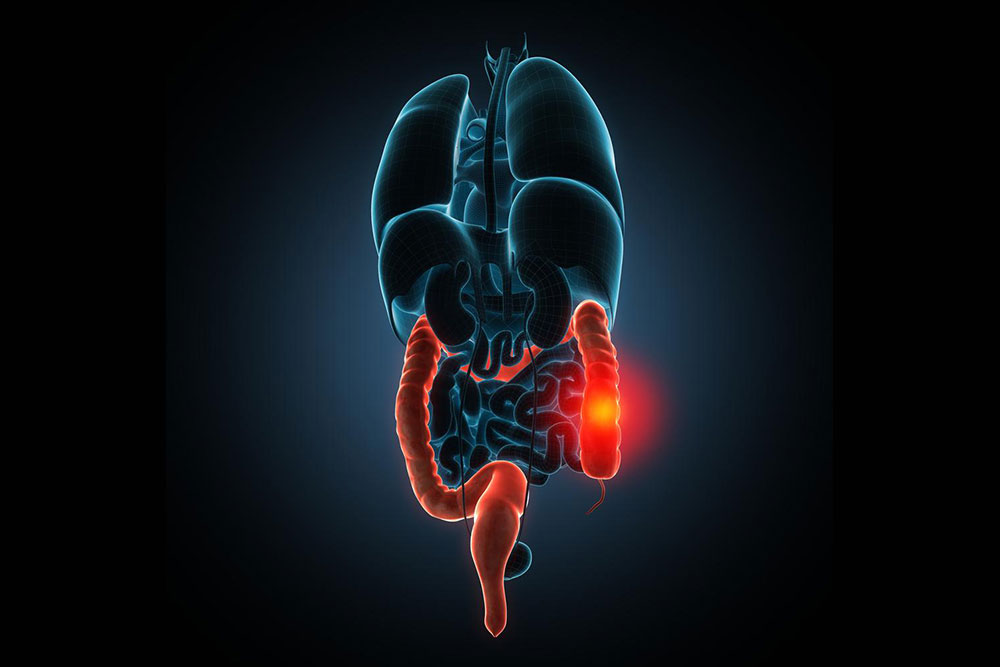Effective Strategies for Managing Irritable Bowel Syndrome
Learn effective management techniques for Irritable Bowel Syndrome, including diet, medication, psychological therapy, and lifestyle changes. These strategies help reduce symptoms like pain, bloating, and irregular bowel habits, improving quality of life. Consult healthcare professionals for personalized treatment plans to control this common gastrointestinal disorder and lead a healthier, active life despite IBS.

Effective Strategies for Managing Irritable Bowel Syndrome
Irritable Bowel Syndrome (IBS) is a common disorder characterized by abdominal discomfort, pain, and irregular bowel habits. Some individuals may experience increased or decreased bowel movements, while others pass different types of stool. Around 25 to 45 million people in the country suffer from IBS, with most being women. Typically affecting individuals in their late teens to early 40s, symptoms include abdominal pain, diarrhea, constipation, bloating, and mucus during bowel movements.
This disorder involves complex issues related to bowel motility and sensation, influenced by both physical and psychological factors.
Some people manage their IBS symptoms through dietary adjustments, lifestyle modifications, and stress management. Others may require medication or counseling support. Here are several approaches to control and alleviate IBS symptoms:
Dietary and Lifestyle Modifications
Managing diet and stress levels is crucial, as poor habits can exacerbate symptoms. Consulting healthcare professionals or dietitians can help identify triggers. Eating smaller, frequent meals, avoiding caffeine, and increasing fiber intake can reduce discomfort. Proper rest and physical activity also lower stress, improve bowel function, and promote overall well-being. Consistent application of these strategies can significantly improve quality of life.
Medicinal Treatments
If lifestyle changes do not fully control symptoms, medications can be beneficial. While antispasmodics have limited effects, they may relieve post-meal abdominal pain. Anti-diarrheal drugs help reduce diarrhea, though they may not address pain, and laxatives can alleviate constipation under medical supervision. For stress-related IBS, anti-anxiety medications might be recommended. Consulting a healthcare provider is essential before medication use, especially for tailored treatment of your specific condition.
Probiotics and Antibiotics
Our gut hosts trillions of bacteria, influencing overall health. Probiotics, found in yogurt and supplements, help restore healthy gut flora, easing diarrhea, bloating, and pain. Sometimes, excess harmful bacteria can worsen symptoms; in such cases, a doctor may prescribe antibiotics to reduce these bacteria, aiding in symptom relief.
Psychological and Behavioral Therapy
Since stress plays a role in IBS, psychological treatments can be effective. Techniques like cognitive behavioral therapy, hypnosis, and relaxation exercises improve mental health and reduce symptoms. These therapies help individuals cope better with their condition and alleviate discomfort associated with IBS.
Complementary and Alternative Medicine
Methods such as acupuncture, herbal therapies, meditation, yoga, and mindfulness have shown promise in managing IBS. These approaches can help reduce stress and enhance overall well-being, contributing to symptom control and improved quality of life.
Although IBS does not lead to severe colon conditions like Crohn's disease or colon cancer, it can impact daily activities and overall happiness. While there is no cure, proper management involving medication, psychological support, and lifestyle adjustments enables individuals to lead active, fulfilling lives despite IBS.










